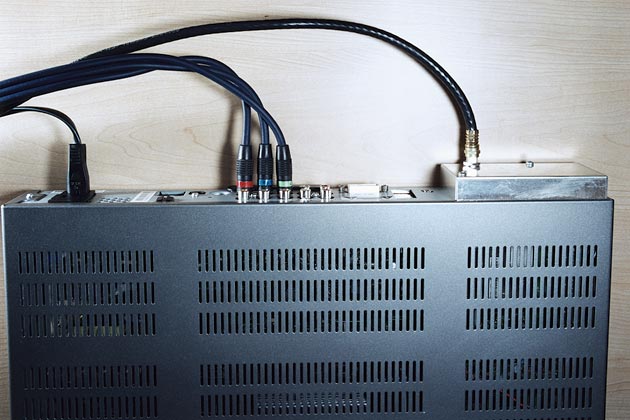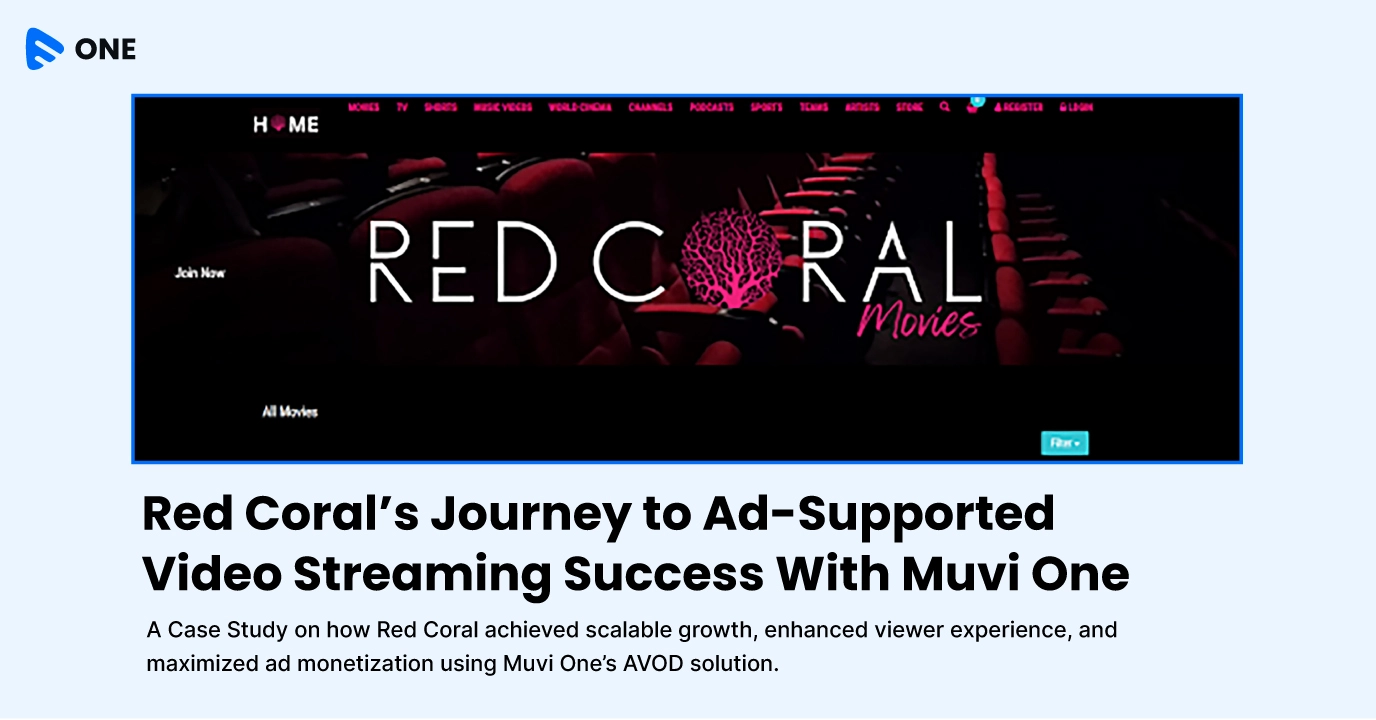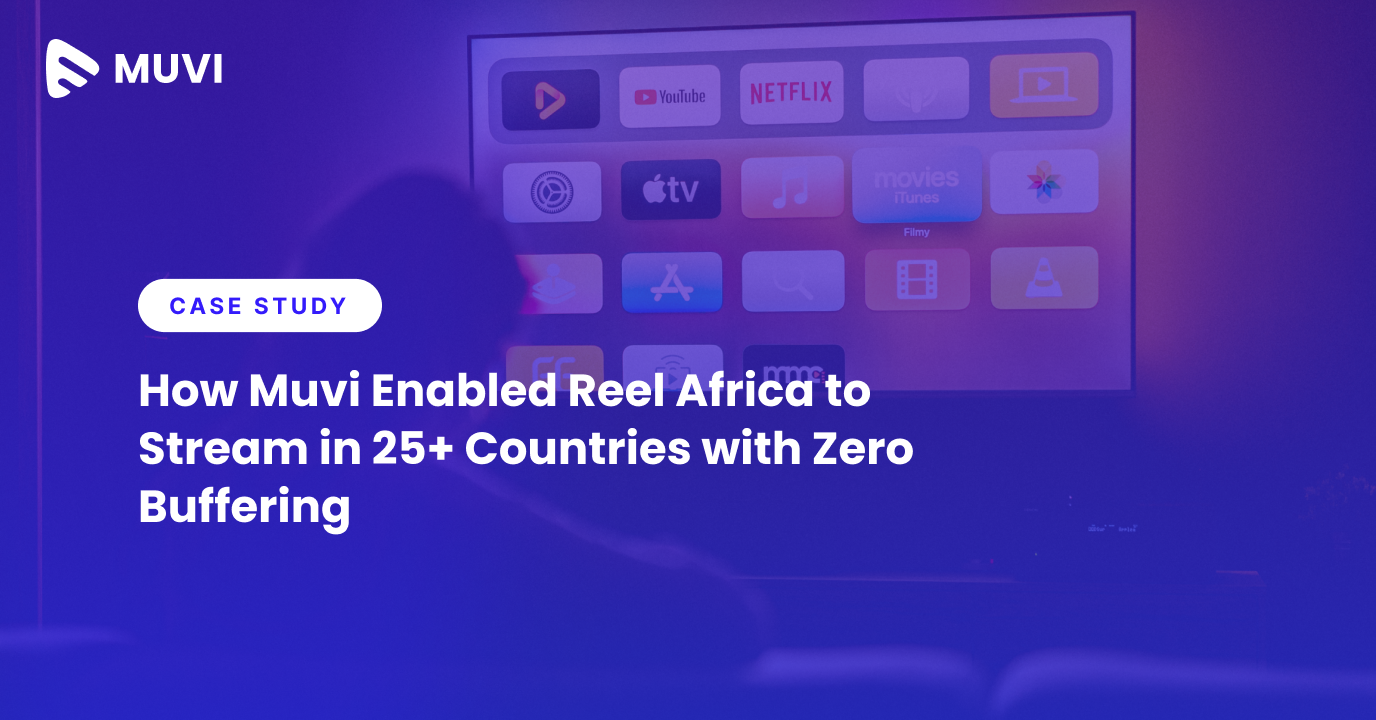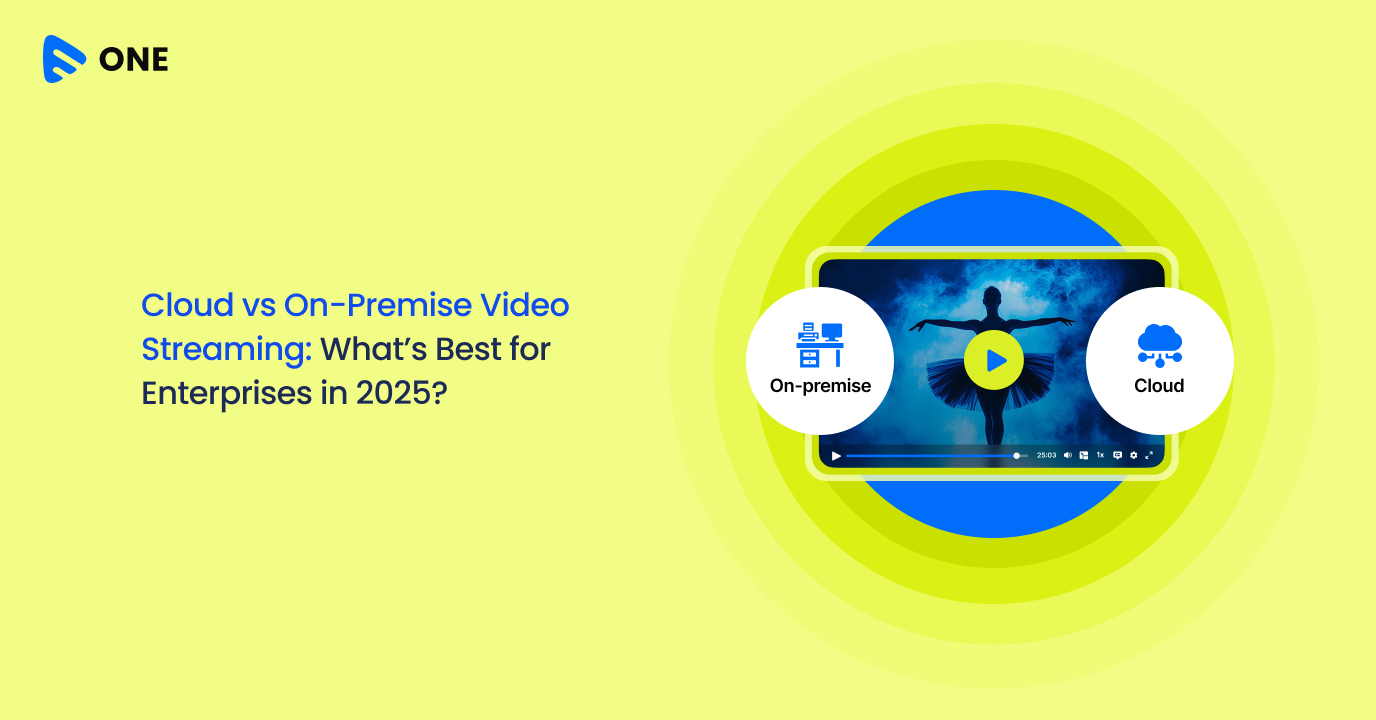Written by: Roshan Dwivedi
As the Internet continues to dissolve all boundaries, it’s common knowledge that traditional cable and satellite TV providers now need to be more creative to compete with a number of increasingly popular cloud-based video on demand streaming services that can be accessed by anyone, almost anywhere, for usually less money.
This year, a handful of the most successful traditional TV providers in the U.S. have tried, sometimes unsuccessfully, to stay afloat by merging, following a common pattern that’s happening around the globe. Last year the biggest cable company in Japan, Jupiter Telecommunications, completed its acquisition of chief rival Japan Cablenet. In France, high-speed broadband cable and Internet service provider Numericable has also grown dramatically by eating up other companies, first by acquiring Valvision in 2013 and then by merging with its top competitor, SFR, last fall to form cable giant Numericable-SFR, a subsidiary of the Netherlands-based company Altice. That merger made Altice the second-largest telecom enterprise in France behind Orange, but its rapid growth isn’t over. According to The New York Times, Altice is now reaching across the Atlantic to claim a share of the fraught U.S. cable market.
The Halls of Fame and Shame
Offering a superior customer experience can be one of the biggest differentiators in business today, but the cable companies continue to struggle there, too. In fact, one of the world’s biggest cable providers, Comcast, consistently ranks as one of the most reviled companies when it comes to customer satisfaction. This year it earned the dubious distinction of being the number-one company in the Customer Service Hall of Shame, based on research conducted by 24/7 Wall St. and Zogby Analytics. Now compare that to Amazon, the provider of one of the leading online TV streaming services, which claimed the top spot for actual customer satisfaction, coming in first place in the Customer Service Hall of Fame.
Read the entire story here.














Add your comment